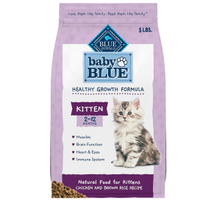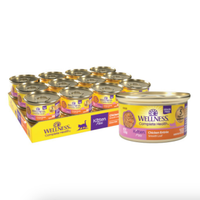When can a kitten eat wet food?
We asked an expert vet 'when can a kitten eat wet food?' Here's what they had to say about your young fur friend's diet...
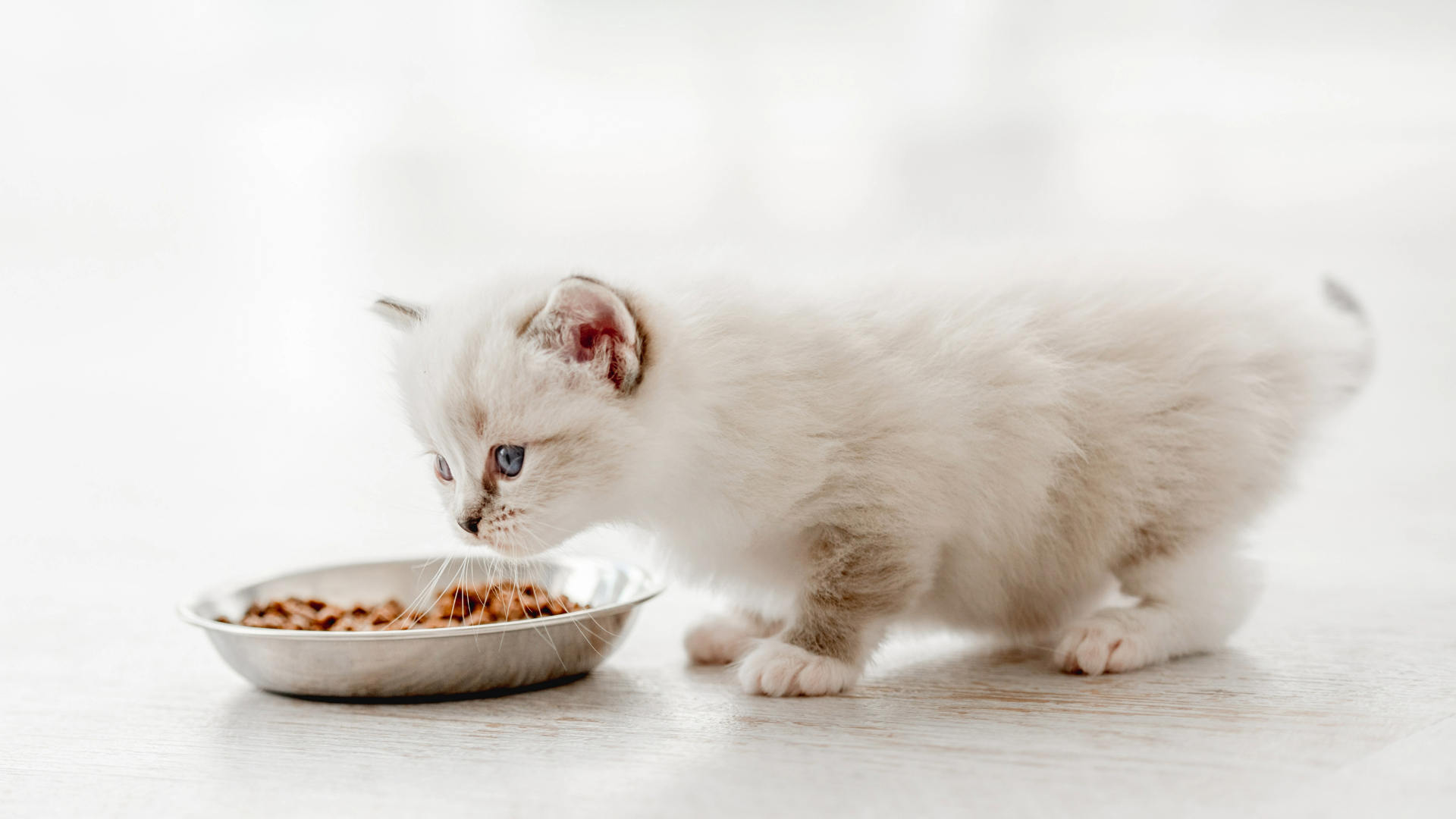
Welcoming a new bundle of fluff into your family is such an exciting time, but you may be wondering when can a kitten eat wet food? Being a pet parent can raise all sorts of questions, and trying to get to grips with what to feed our fur friends can feel like a bit of a minefield.
The best kitten food is available in both wet and dry formulas — but you'll want to start your little one off on wet food first. Once they're happy and comfortable eating soft food, you'll be able to start testing them out on some kibble.
If you're unsure how much food a kitten should eat, we recommend checking the label on the side of the tin which will provide you with some rough guidelines based on your kitten's age and weight. You can also speak with your vet who will be happy to advise you.
And speaking of expert vets, we drew on the extensive knowledge of Dr. Rebecca MacMillan to pull this piece together. Below, she explains exactly when a kitten can eat wet and dry food, whether one is better than the other and how to safely transitions your feline friend from wet to dry. Let's take a look...
When can a kitten eat wet kitten food?
The best time to introduce kittens to wet food is when they're still nursing but can start to incorporate other foods alongside their mother's milk.
"It is safe to start weaning kittens at around four weeks of age," says Dr. MacMillan. "They will usually begin by having wet food, or dry kibbles that have been soaked first in warm water to soften them."
If a kitten is bottle-fed, you can adopt the same rule as if they were feeding from their mother. Begin to replace some of their formula with wet food once they've reached four weeks of age.
PetsRadar Newsletter
Get the best advice, tips and top tech for your beloved Pets
Be sure to take a look at our guide for how often to feed a kitten for advice on creating a feeding schedule from the day your kitten is born through to their first birthday.
When can a kitten eat dry kitten food?
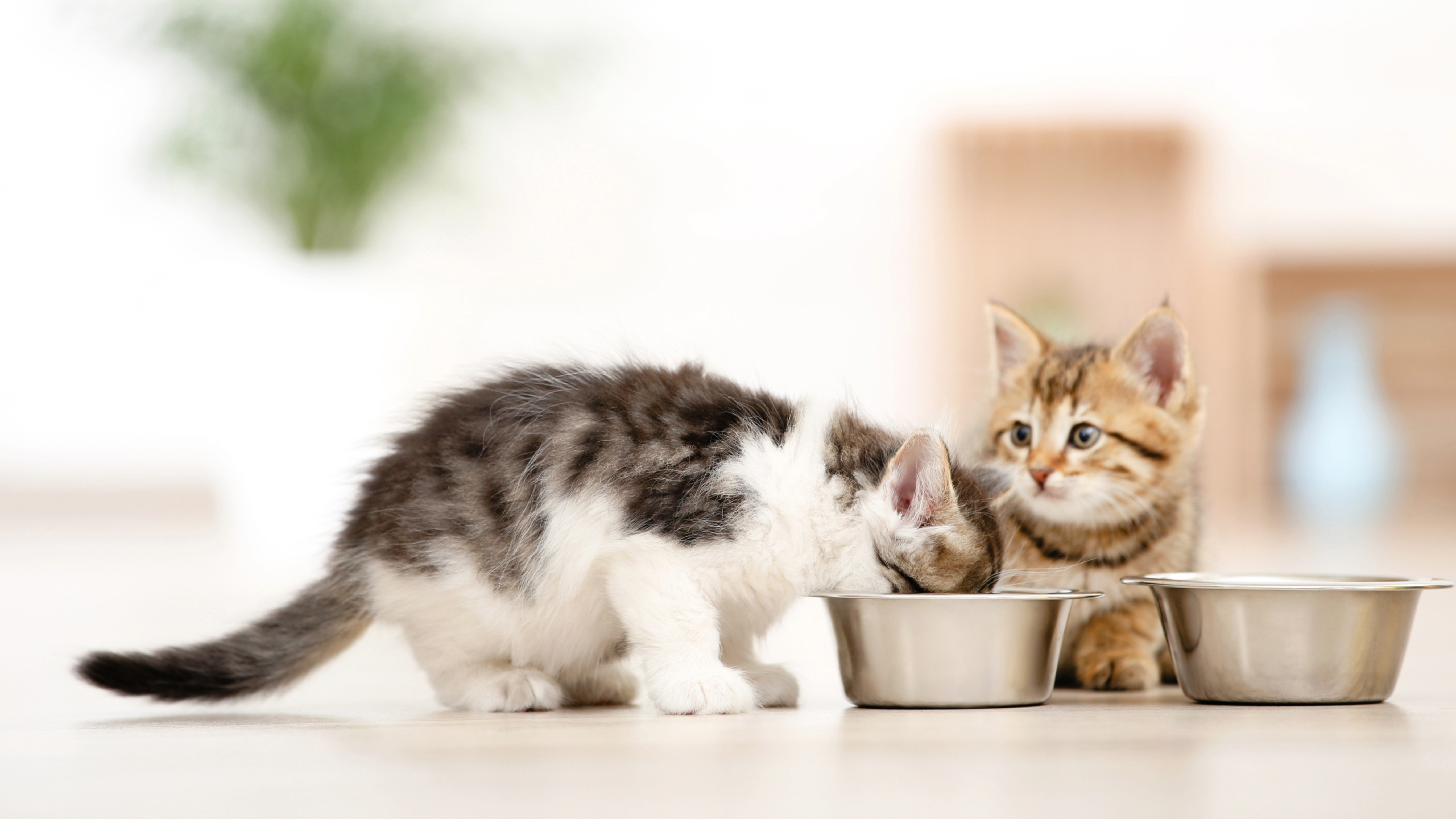
When can kittens eat dry food we hear you ask? Well, according to Dr. MacMillan, you won't have to wait too long before you can start trialing your kitten on kibble.
"Once kittens are happy eating soft foods, they can then safely explore dry food," she explains. "They may start by just playing with the kibbles, but most will soon get the hang of it."
Kittens tend to inherit their food preferences from their mother so this will likely inform whether they prefer wet food or dry food. If their mother loved dry food and ate that while she was pregnant with them, they will probably follow suit. The same goes for wet food.
Blue Buffalo Baby BLUE Natural Kitten Dry Cat Food | Amazon
Nourish your kitty with this healthy, high-protein formula that comes packed with real chicken, wholegrains, fruits and vegetables. Great for fostering brain development, muscle growth and a vibrant coat.
Is wet or dry food better for kittens?
Is dry cat food best for kittens or is wet food the way to go? There's an ongoing debate around which kitten food is best but the reality is that there are pros and cons to both wet and dry foods.
"The decision may come down to owner preference, with many considering dry food to be easier and more convenient to store, as well as less prone to spoiling and odor compared to wet," Dr. MacMillan explains.
Is wet food bad for cats, then? Absolutely not. As Dr. MacMillan points out, many kittens and adult cats prefer the texture of wet food and find it more palatable.
"As long as your chosen diet is good quality and appropriate for their life stage, your kitten will be receiving all of the nutrition they need from either wet or dry," she says. "Of course, you could choose to feed a mixture, which many owners do. This can make working out feeding amounts trickier, however."
Wellness Complete Health Grain-Free Chicken Entrée Wet Kitten Food | Amazon
Featuring real chicken with DHA for brain and eye development, this highly-digestible, moisture-rich wet food is great for building strong bones, supporting immune health and providing sustained energy.
What happens if a kitten eats food too early?
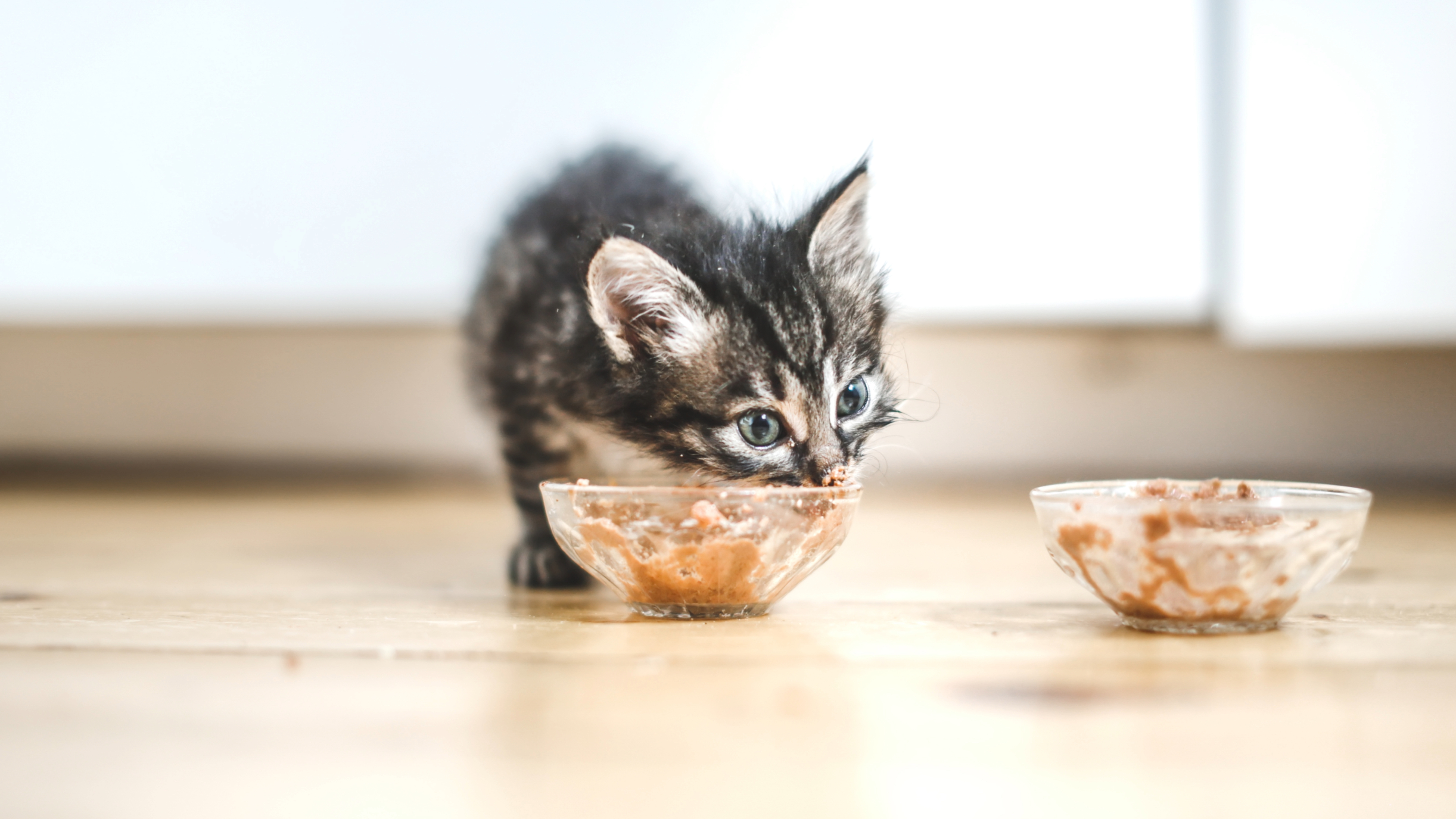
"Weaning often takes place naturally, with young kittens exploring their mother’s food once their baby teeth have emerged at around three to four weeks. Therefore, it is very unlikely that your kitten will start eating ‘too early’," says Dr. MacMillan.
"Problems can arise if a kitten is taken from their mother too soon and weaned too quickly, however. A kitten should stay with its mother until it is eight to 12 weeks of age, by which time it will be fully weaned."
How to transition from wet food to dry food for kittens
Changing cat food is something that should always be done slowly, so if you're wanting to transition your kitten from wet to dry food, you'll want to do this over a period of days rather than simply removing the wet food and replacing it with dry.
"If your kitten has never had dry food before then you should introduce this to them gradually," Dr. MacMillan confirms. "Some kittens will start crunching on dry kibbles with no issues, whereas others may need them soaked initially to make them softer. You could also try mixing a few into their wet kitten food too.
Just remember that diet transitions should take place slowly over several days to avoid any stomach upsets. Also, some cats do seem to have a strong personal preference for wet or dry food, so it may be trickier to make the transition in some individuals."
You might also want to read: Why is my kitten hungry all of the time?
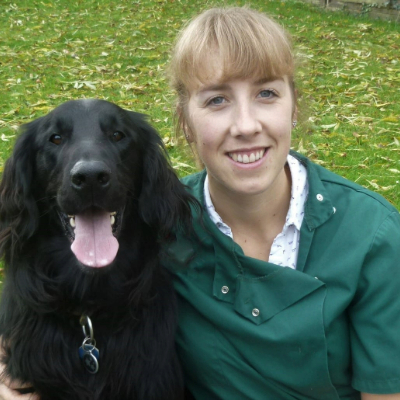
Rebecca is a veterinary surgeon who graduated in 2009 from the Royal Veterinary College in London. She has a wealth of experience in first opinion small animal practice, having done a mixture of day-to-day routine work, on-call emergency duties and managerial roles over the years. She enjoys medicine in particular and she is proud to have recently achieved a BSAVA postgraduate certificate in small animal medicine (with commendation). She writes on various feline and canine topics, including behavior, nutrition, and health. Outside of work and writing she enjoys walking her own dog, spending time with her young family and baking!

Kathryn is a freelance writer who has been a member of the PetsRadar family since it launched in 2020. Highly experienced in her field, she's driven by a desire to provide pet parents with accurate, timely, and informative content that enables them to provide their fur friends with everything they need to thrive. Kathryn works closely with vets and trainers to ensure all articles offer the most up-to-date information across a range of pet-related fields, from insights into health and behavior issues to tips on products and training. When she’s not busy crafting the perfect sentence for her features, buying guides and news pieces, she can be found hanging out with her family (which includes one super sassy cat), drinking copious amounts of Jasmine tea and reading all the books.
